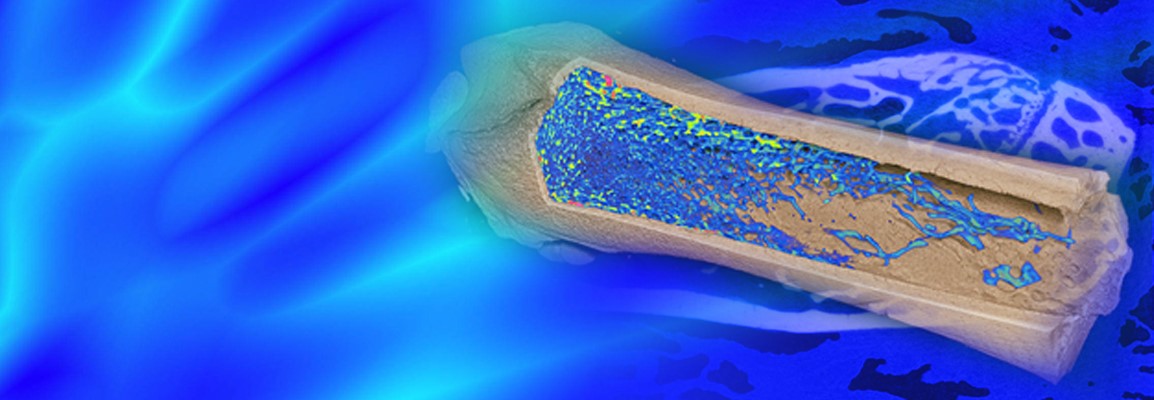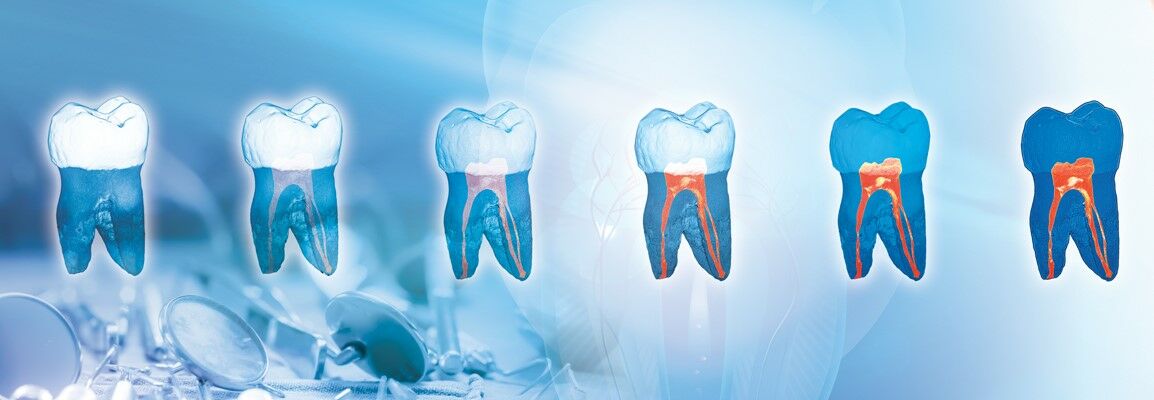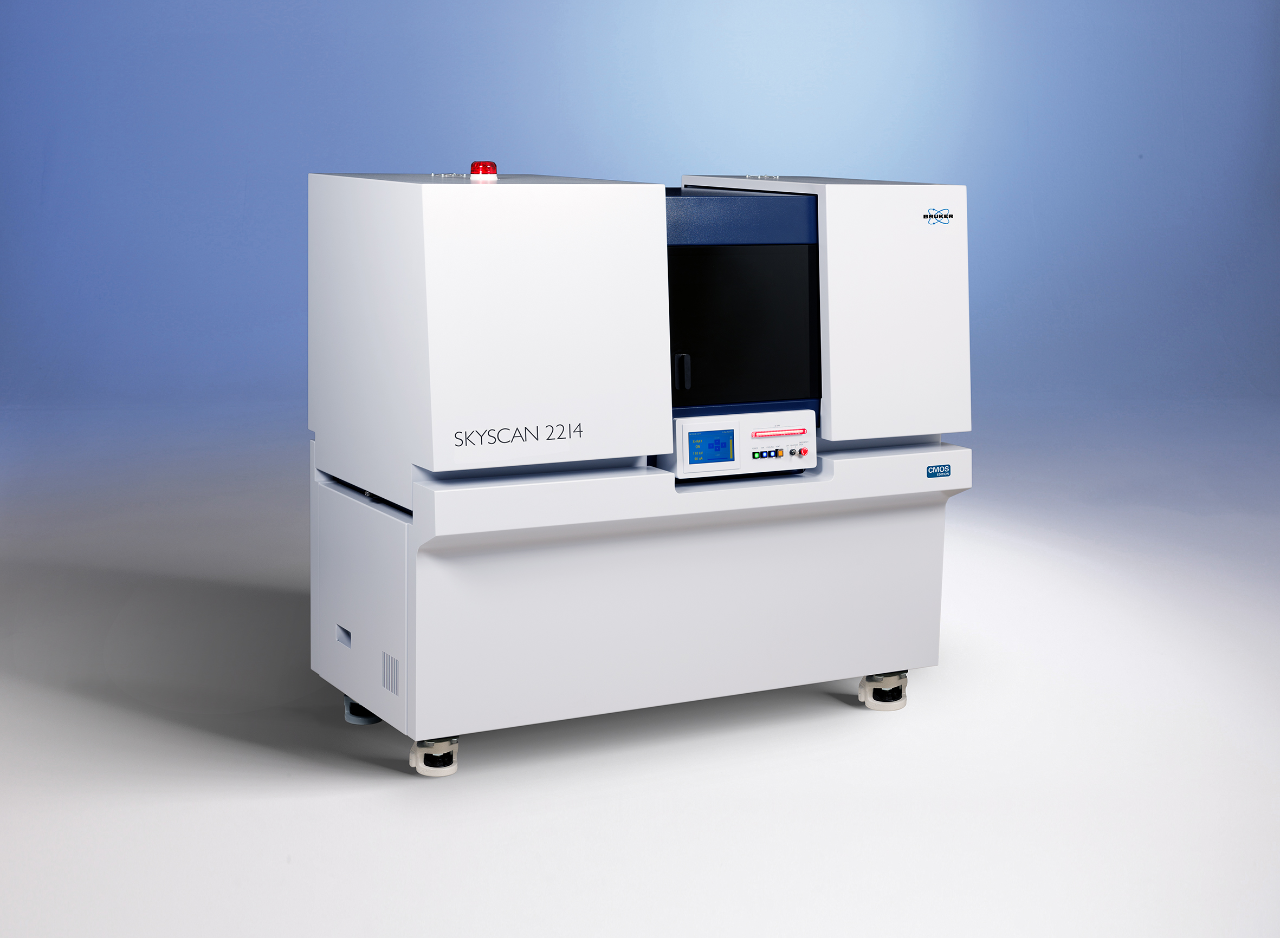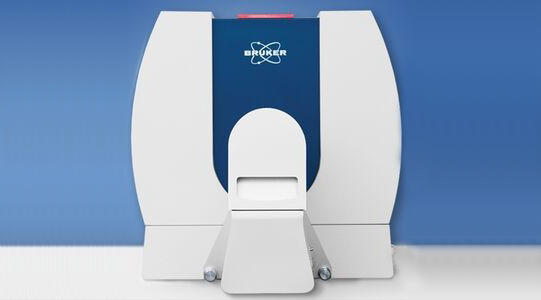Mineralized tissues such as bone and teeth lend themselves to microCT imaging because of natural X-ray contrast
Mineralized tissues are tissues such as bone and teeth that have mineral-containing soft matrices and, generally, provide structural support or protection. The minerals present in these tissues provide a combination of stiffness, strength and low weight. Their highly organized layering enables the transfer of loads and stresses that results in energy being dissipated. This enables damage to be distributed within these hierarchical structures, which prevents them from cracking.
Many techniques have been used to characterize these mineralized tissues, including the X-ray attenuation method microCT. Some mineralized tissues such as kidney stones are formed through pathological processes rather than healthy ones. Learning about biomineralization can therefore be key to understanding certain diseases.
Perhaps the biggest and longest standing application of microCT is in the study of osteoporosis, which usually affects people in their old age, especially women. In preclinical research, which involves the use of rat and mouse models, microCT provides an effective way of measuring bone structure. It gives a highly-detailed, 3D representation of the bone architecture in any site of the animal in a non-destructive way that leaves the sample intact for genetic and histological analysis.
Where microCT can be used for ex vivo analysis of post-mortem dissected samples from rats or mice or of samples extracted from humans by biopsy, Bruker’s microCT scanners in the SkyScan range are also available for in vivo analysis, where bone can be studied in a living, anesthetised animal.
Over recent years, microCT has become widely used in dentistry to analyse mineral density distribution in bone and dental tissues and to assess the microstructure of dental biomaterials. Since microCT provides robust, longitudinal data, it has become useful in the study of caries, giving volumetric information on the formation of lesions, as well as remineralization.
Support
Service and Life Cycle Support
Bruker’s commitment to provide customers with unparalleled help throughout the buying cycle, from initial inquiry to evaluation, installation, and the lifetime of the instrument is now characterized by the LabScape service concept.
LabScape Maintenance Agreements, On-Site On-Demand and Enhance Your Lab are designed to offer a new approach to maintenance and service for the modern laboratory



